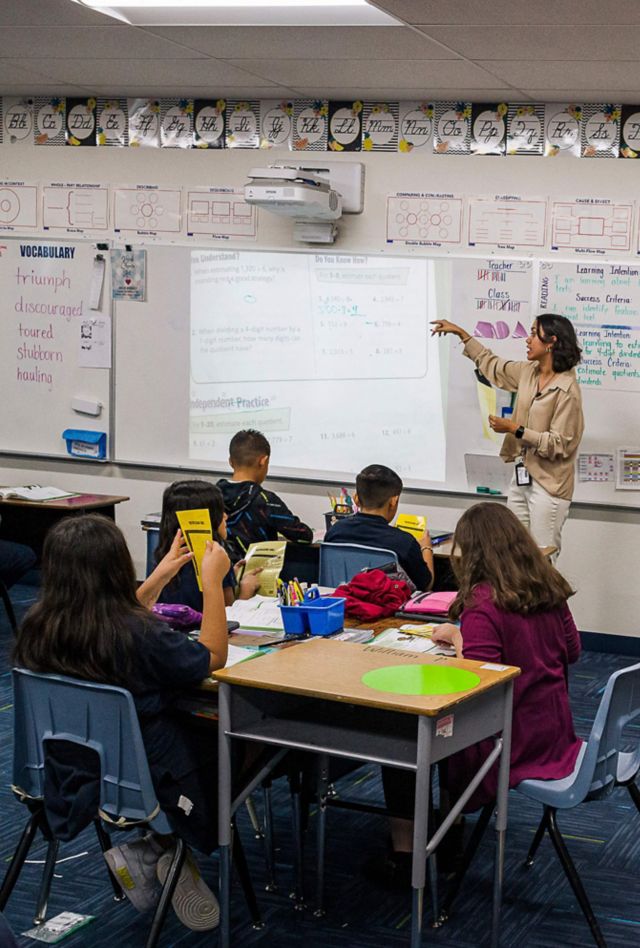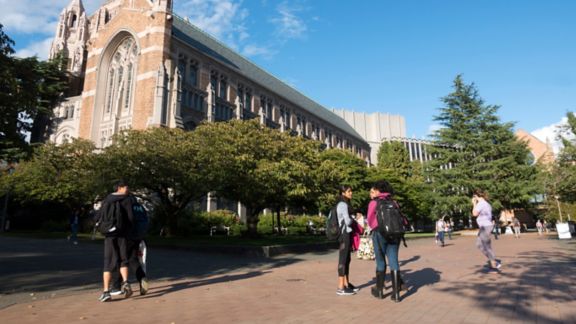Examining the Educator Workforce in Rural Wisconsin

Problem
Rural Wisconsin schools face persistent challenges attracting and retaining educators.
Rural school districts comprise nearly three-fourths of Wisconsin’s 420+ local districts and educate nearly half of all students statewide. Yet, they face persistent and increased difficulty attracting and retaining educators. As one of the largest employers in many rural communities, rural schools both prepare students for college and careers and help drive local economic development. Given this interdependence, it is vitally important for rural districts to have a pipeline of high-quality educators who will not only come to rural communities but will remain in them.
The Tommy G. Thompson Center on Public Leadership is invested in identifying partnerships, processes, and mechanisms that advance equitable educational opportunities for Wisconsin’s rural students, including through the preparation, recruitment, and retention of exceptional rural educators.
Solution
NORC is examining Wisconsin’s current and future rural educator workforce in two phases.
NORC partnered with the Wisconsin Center for Education Research to develop a two-phase examination of current and future rural educators that builds on our earlier study documenting strategies to address educator shortages in rural Wisconsin schools.
Phase one of our current study uses longitudinal datasets to establish a descriptive profile of the state’s current rural educator workforce, including demographic trends (such as teacher diversity) and where rural educators were trained.
In phase two, we are collaborating with multiple University of Wisconsin campuses to identify initiatives that Wisconsin’s 40+ approved educator preparation programs and other entities employ to recruit, prepare, and support rural educators. This phase also includes:
- A statewide inventory of programs, practices, and initiatives that support the development of the rural educator workforce
- Site visits to four University of Wisconsin campuses to better understand the perspectives of faculty, staff, students, and rural teachers
Result
The study will identify programs that support future rural educators and opportunities for further investment.
Our study will produce a comprehensive “state of the union” report on Wisconsin’s rural educator workforce that provides policymakers and others with insight into programs that are successfully recruiting and retaining rural educators and recommendations for sustaining and expanding these efforts. We anticipate that our inventory of supportive programs in colleges and universities across the state will provide replicable and scalable opportunities that can strengthen the rural educator pipeline and address teacher shortages in Wisconsin’s rural schools.
We will also participate in a policy convening hosted by the Tommy G. Thompson Center on Public Leadership of state and local policymakers, representatives from educator preparation programs, and rural school district leaders. The goal of the gathering is to discuss promising practices for increasing the supply and retention of highly qualified educators in rural Wisconsin schools.
Related Tags
Project Leads
-
Jenny Seelig
Senior Research ScientistCo-Principal Investigator
Other Project Leads
Bradley Carl
Scientist at the Wisconsin Center for Education Research
Co-Principal Investigator







